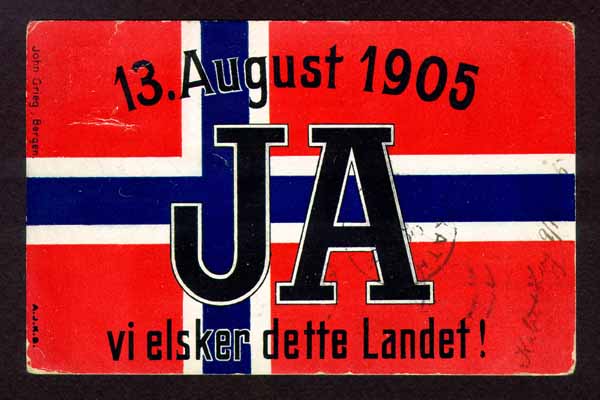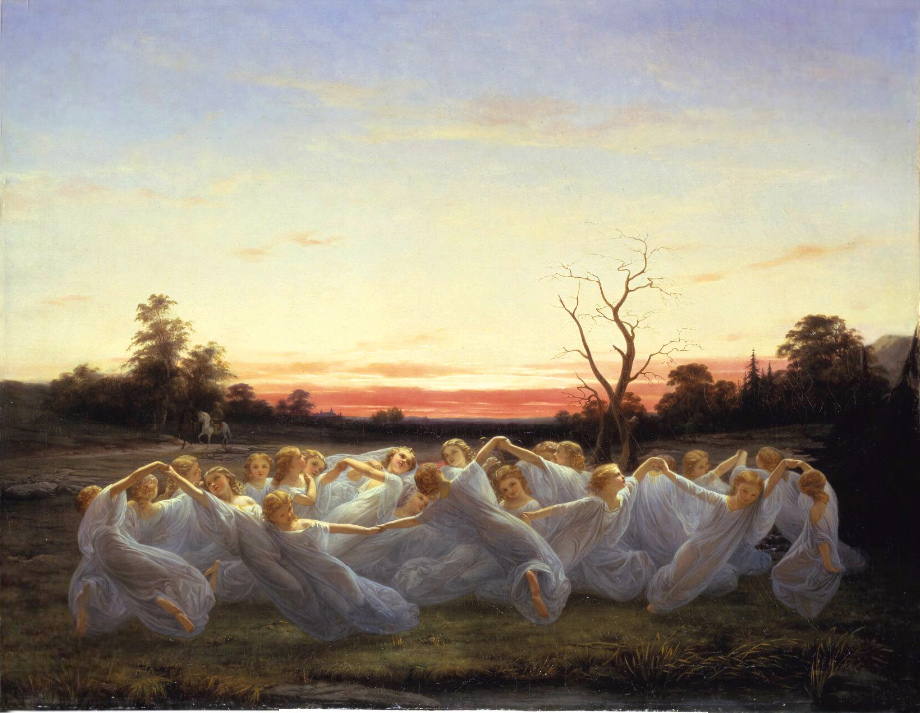
I took longer than I intended getting to the second volume of Jeffrey Overstreet’s Auralia Thread, Cyndere’s Midnight. I need to make sure I don’t do that again. I enjoyed it immensely.
In the first book of the series, Auralia’s Colors, Overstreet told the story of the law-bound land of Abascar, whose queen had forbidden the people to wear any colorful clothes or own any colorful objects. This led to the persecution of the strange girl Auralia, who wove and painted colorful things out in the wilderness. Eventually Abascar was destroyed, and now, as this book begins, a few refugees of Abascar eke out a perilous existence in caves.
Now the focus turns to the kingdom of Bel Amica, whose religion is more sensitive and feelings-oriented than Abascar’s. The heiress to the Bel Amican throne, Cyndere, mourns the death of her consort, Deuneroi, at the hands of the inhuman beastmen. The loss is made more poignant by the fact that she and Deuneroi had dreamed of finding a way to heal the beastmen and free them from their addiction to the Essence, a potion that alters their shapes and their natures. Cyndere’s plan now is to add to a traditional widow’s rite of sacrifice her own act of suicide.
But other characters interfere with her plan. One is the beastman Jordam, who fell under the spell of Auralia’s colors and through the power of their memory is struggling with his need for Essence—as well as with the murderous plans of his brother beastmen. And the Ale Boy, Auralia’s friend, who follows a path laid out by the mysterious, almost forgotten Keeper—a dragon-like creature which protects him and guides him as well.
The center of the story is Jordam’s struggles—with his own devolved nature, with his brothers, and even with the humans who do not trust him when he tries to help. He takes up Cyndere’s cause for Auralia’s sake, and must protect her not only from his brothers but from some of her own people.
Jeffrey Overstreet’s prose is a pleasure to read. It’s deft and light. His fantasy world is the most original I’ve encountered, post-Tolkien. I don’t recommend the book for children, solely because of the vocabulary required, but any reader who can handle this book will come away inspired. Highly recommended.





